Cold and sunlight
tomas
16 years ago
Related Stories

GREEN BUILDINGSunlight Used Right: Modern Home Designs That Harness Solar Power
Embracing passive heating principles through their architecture, siting and more, these homes save energy without skimping on warmth
Full Story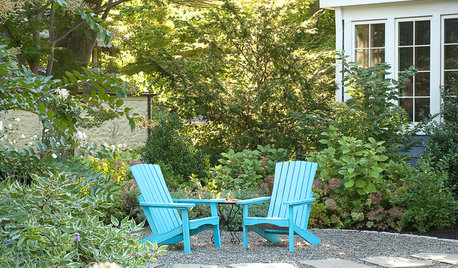
GARDENING AND LANDSCAPINGSpring Forward! Making the Most of Evening Sunlight
Embrace the extra hour of sun that daylight saving time brings
Full Story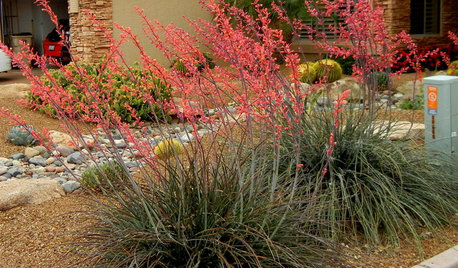
GARDENING GUIDES10 Cold-Hardy Succulents for Cool-Season Interest
These attractive plants shrug off colder temperatures, and many can be brought inside in containers in extra-chilly climates
Full Story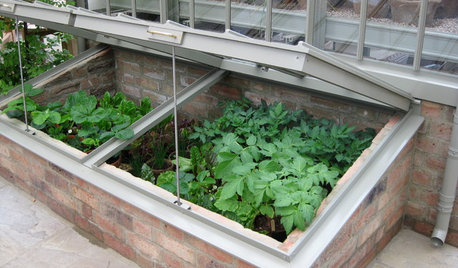
WINTER GARDENINGExtend Your Growing Season With a Cold Frame in the Garden
If the sun's shining, it might be time to sow seeds under glass to transplant or harvest
Full Story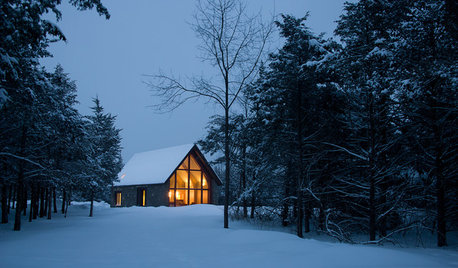
ARCHITECTURE15 Smart Design Choices for Cold Climates
Keep your home safe and comfortable in winter by choosing the right home features and systems
Full Story
COTTAGE STYLEHouzz Tour: Beach Shack Reborn as a Copper-Clad Cottage
A tranquil home with a copper exterior lets in ocean air, sunlight and greenery on a challenging site
Full Story
HOUZZ TOURSMy Houzz: Color This Utah Home Terrific
Candy-colored walls lit up by sunlight and a streamlined, open layout make a family’s new house one of a kind
Full Story
REMODELING GUIDESHouzz Tour: A Light-Filled Paris Studio Redesigned for Living
An architect reconfigures rooms and brings sunlight into a furniture restorer and trapeze artist’s window-lined home
Full Story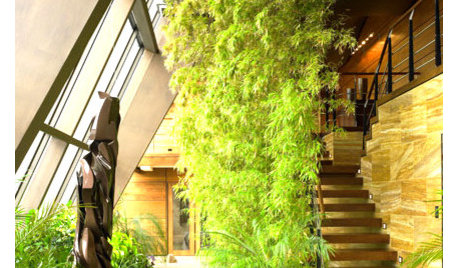
REMODELING GUIDESGive Me a Wall, a Roof, or a House of Glass
Swoon over spaces warmed by sunlight — from one side, or many
Full Story
GREEN BUILDINGLook to the Sun for More of Your Home's Lighting
Manage sunlight with design-savvy windows, solar tubes and skylights to save energy and show your home's beauty
Full StorySponsored
More Discussions



hotdiggetydam
mike4284m
Related Discussions
Do Fruit Trees/Bushes Need Sunlight in the Winter
Q
Direct sunlight vs heat importance on ripening
Q
where to mount curtain tie back to take advantage of the sunlight
Q
SW Creamy anyone? Pics? Off-white favorites for natural light?
Q
avane_gw
LisaCLV
sander_s
tomasOriginal Author
sander_s
tomasOriginal Author
stanofh 10a Hayward,Ca S.F. bay area
winterlager
tomasOriginal Author
sander_s